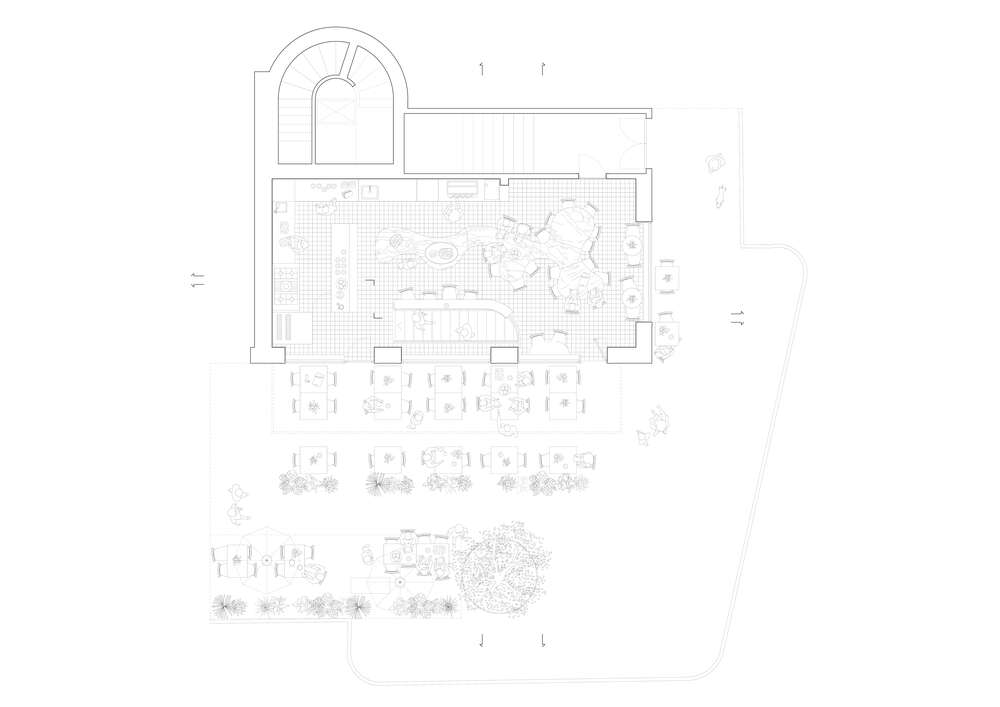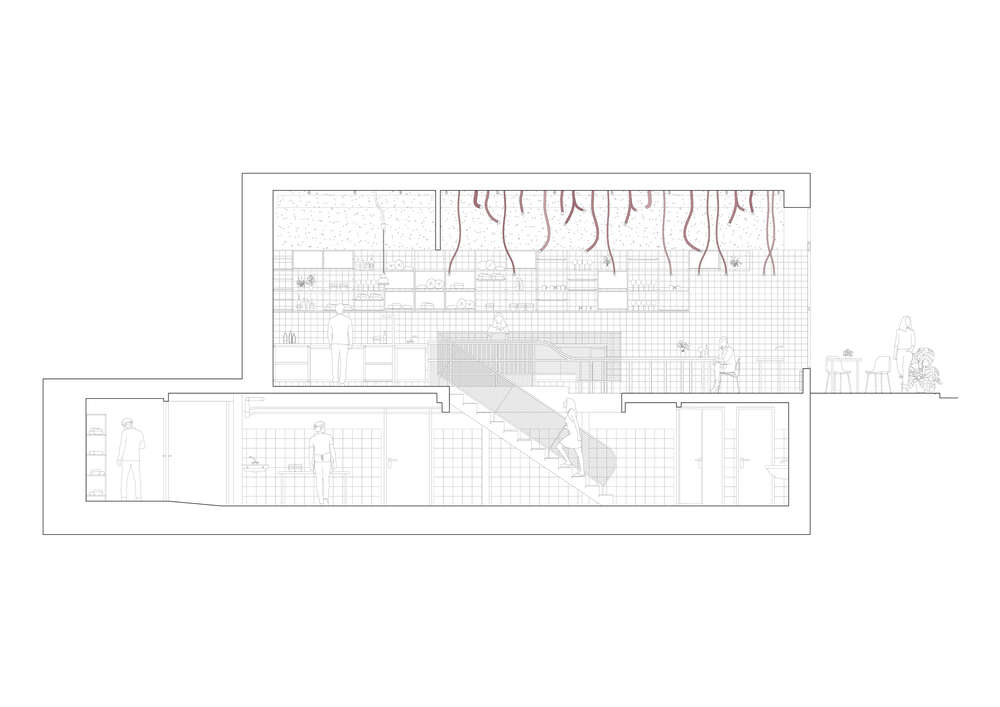Two years of covid have pushed everyone to a certain level of distrust. We started the project of the Sawerdo with the fear that putting people around a table was an endangered gathering format. The risk was taken, a sort of hopeful leap of faith by the founders, believing that the jumping microbes of a too-close neighbour would never be an obstacle to being together.
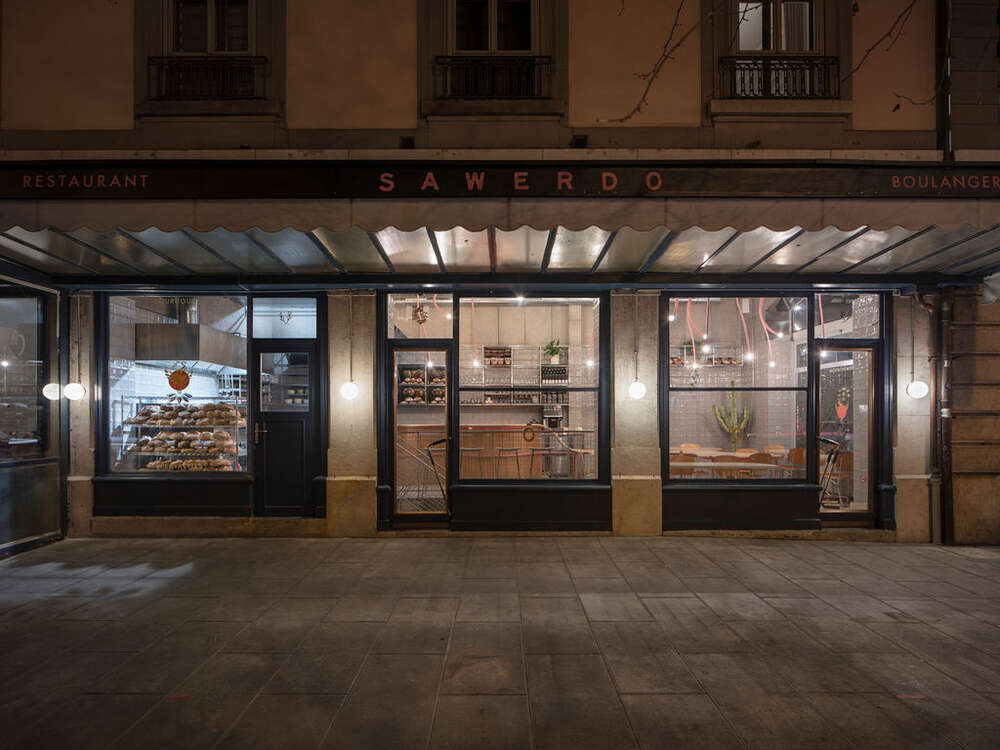
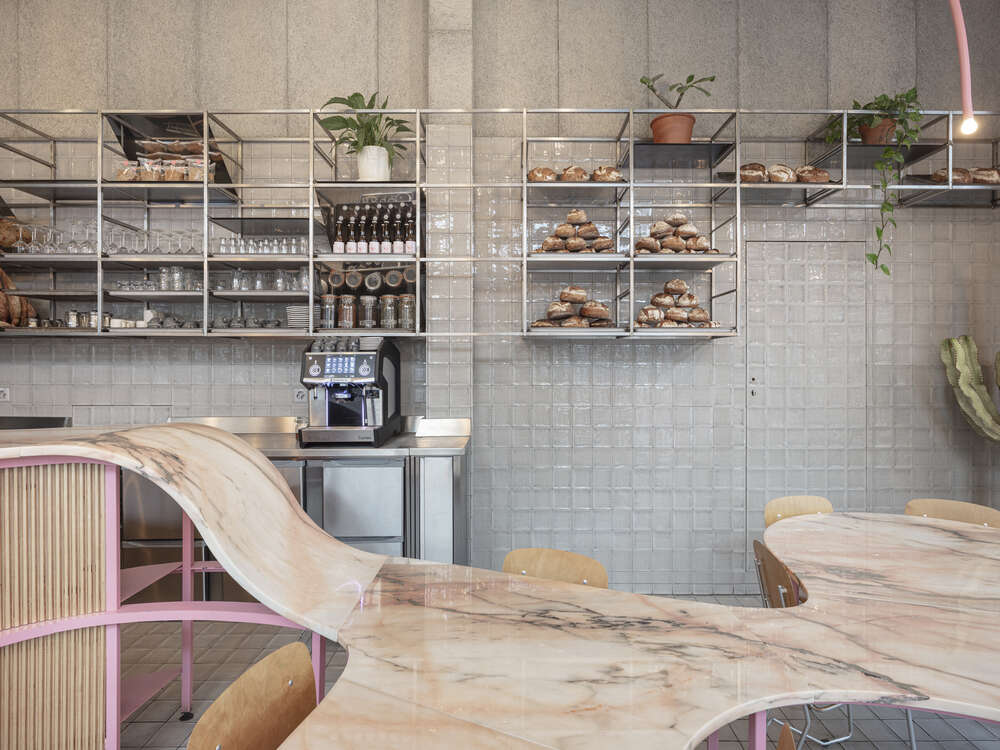
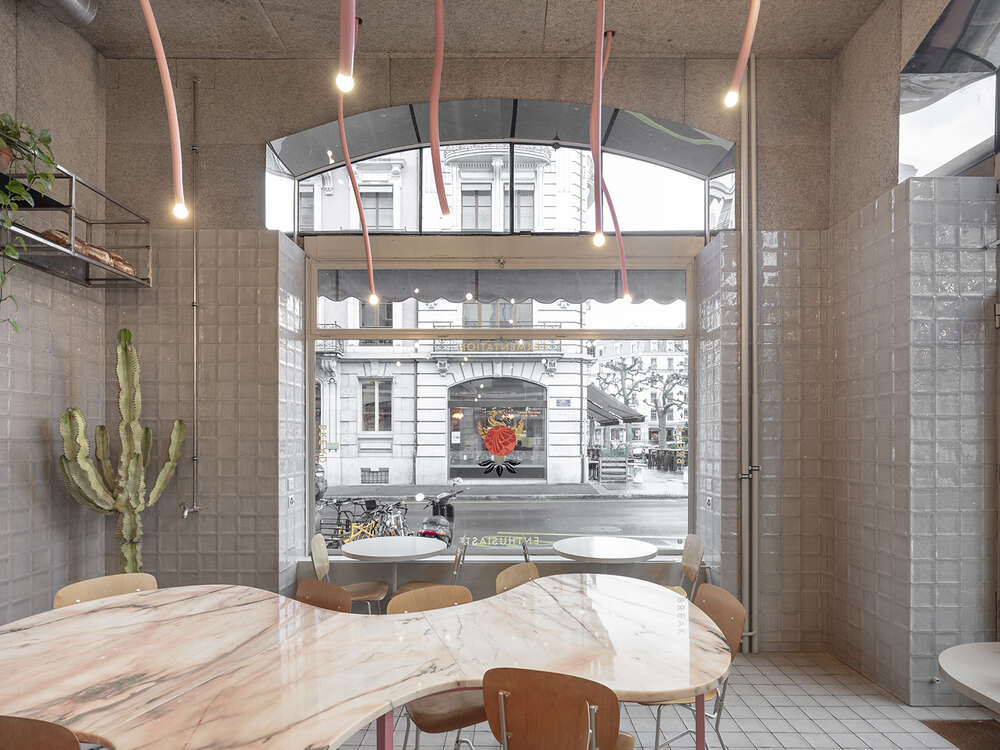
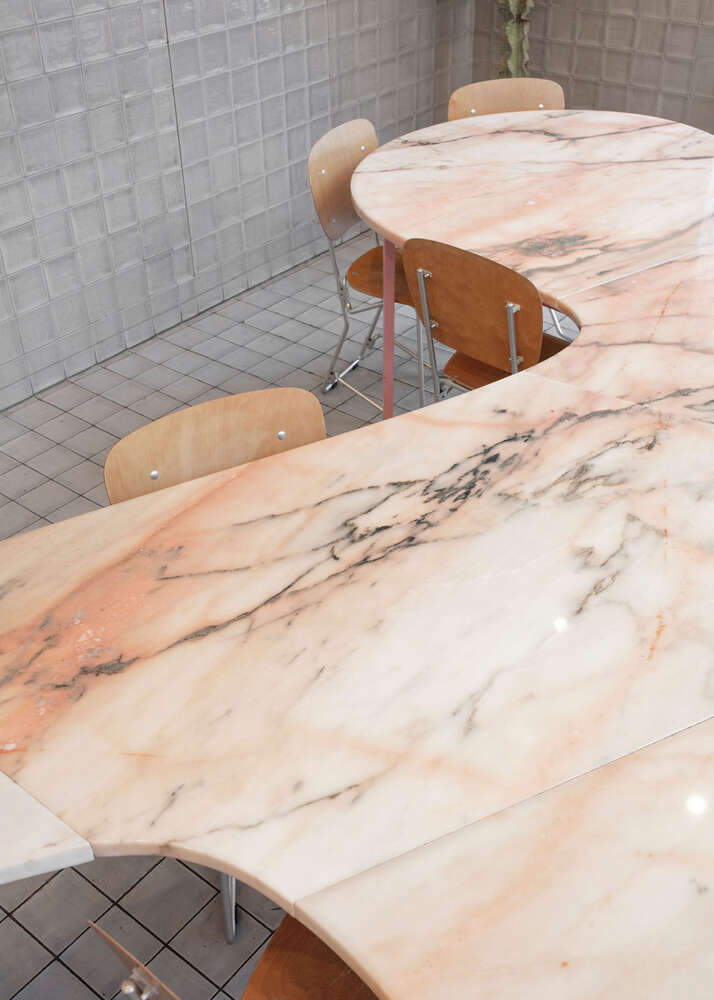
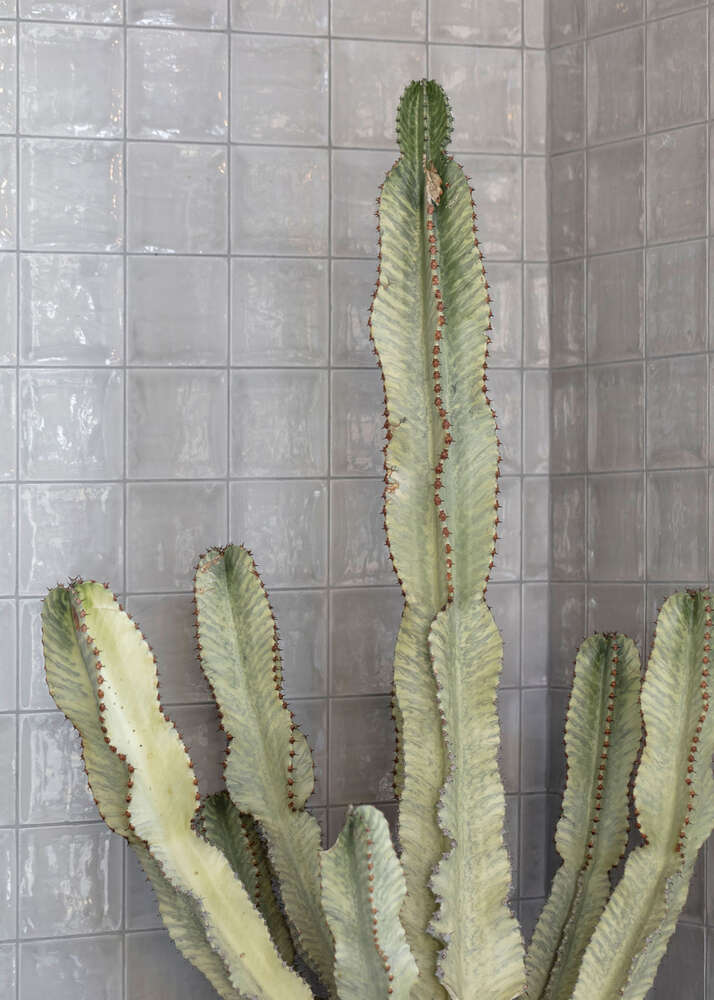
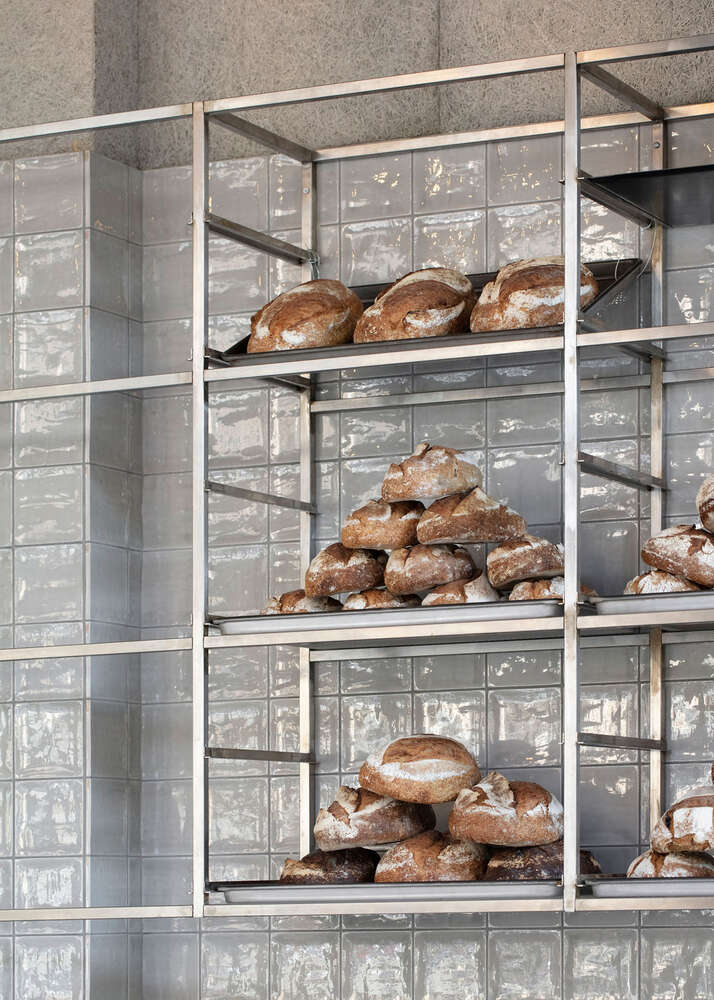
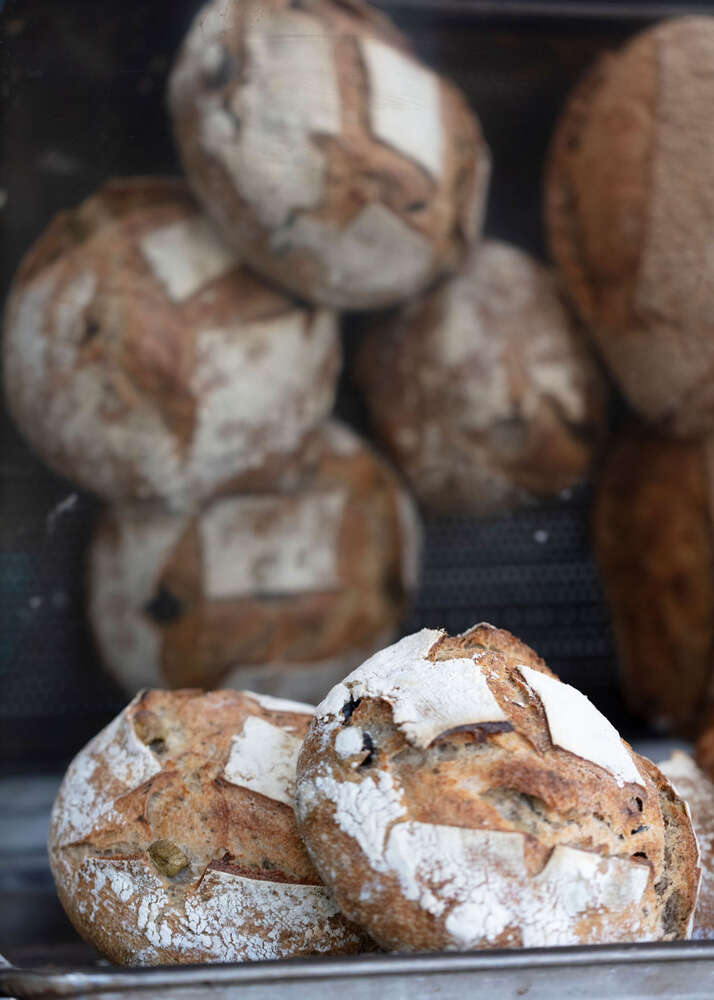
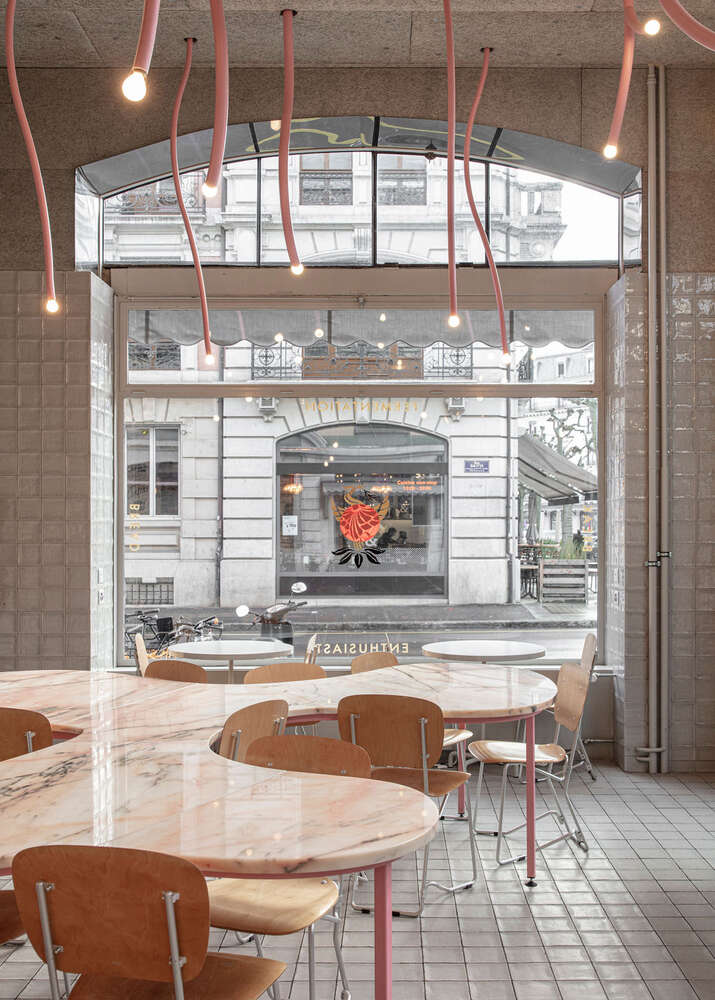
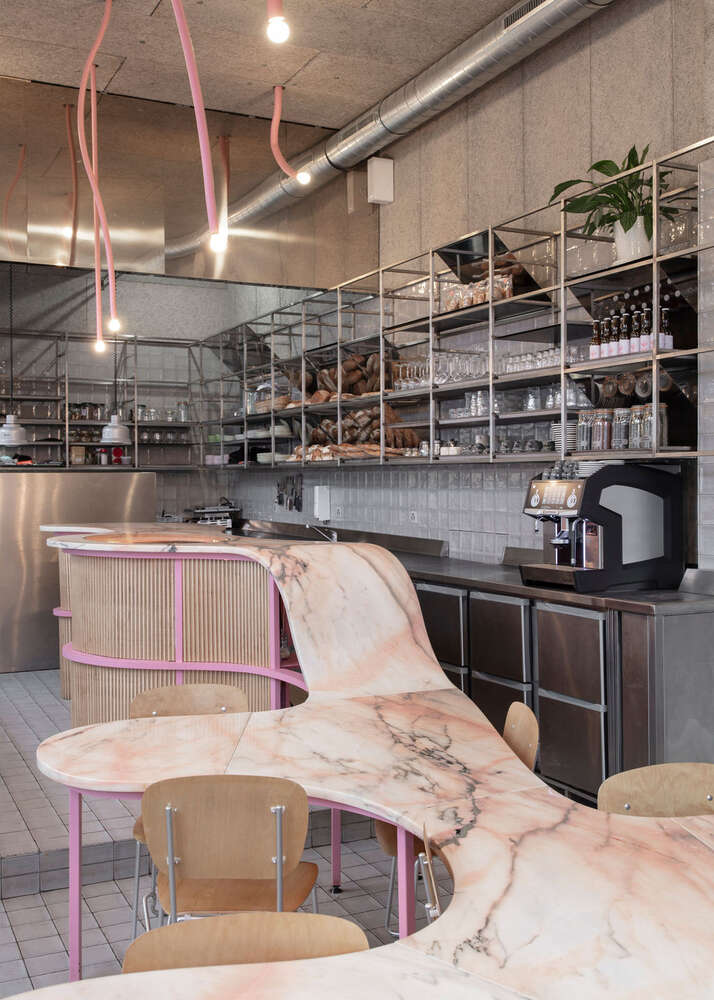
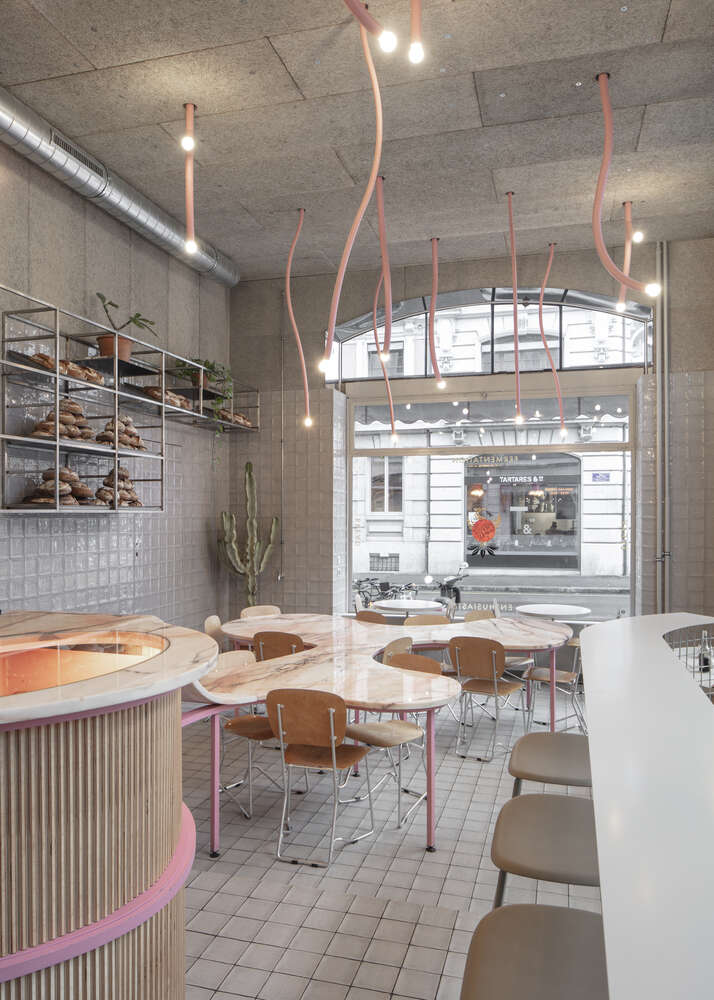
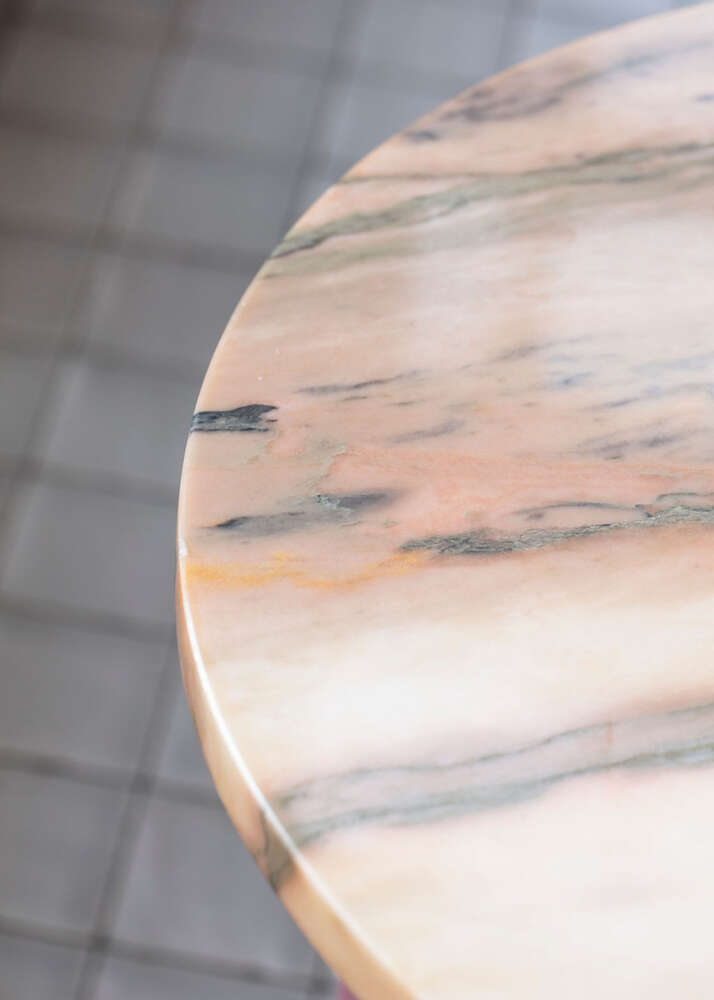
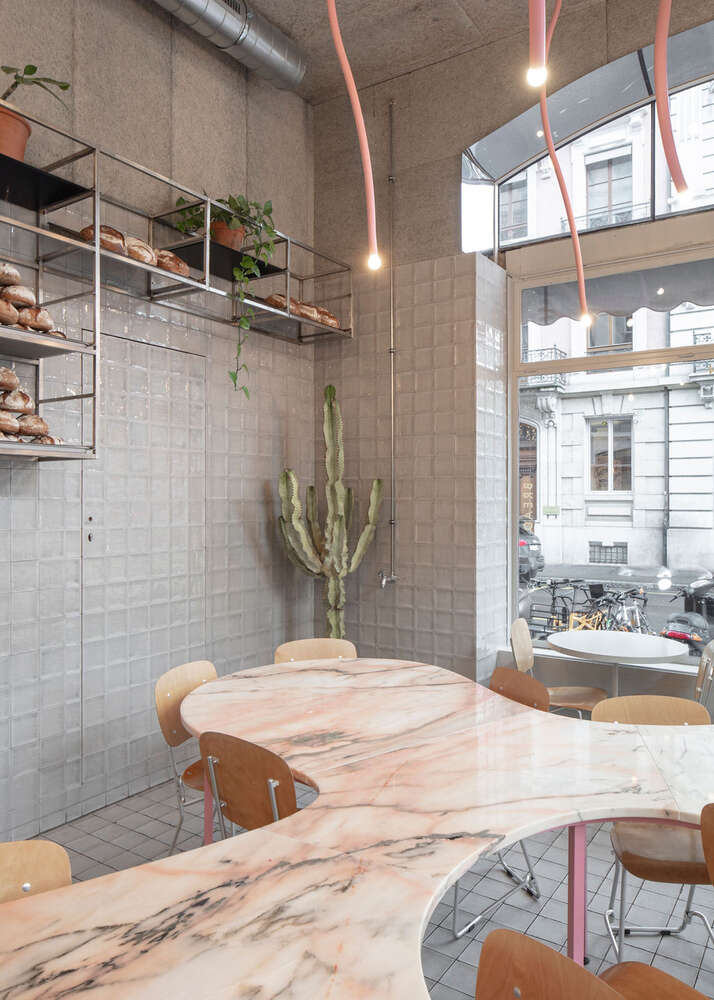
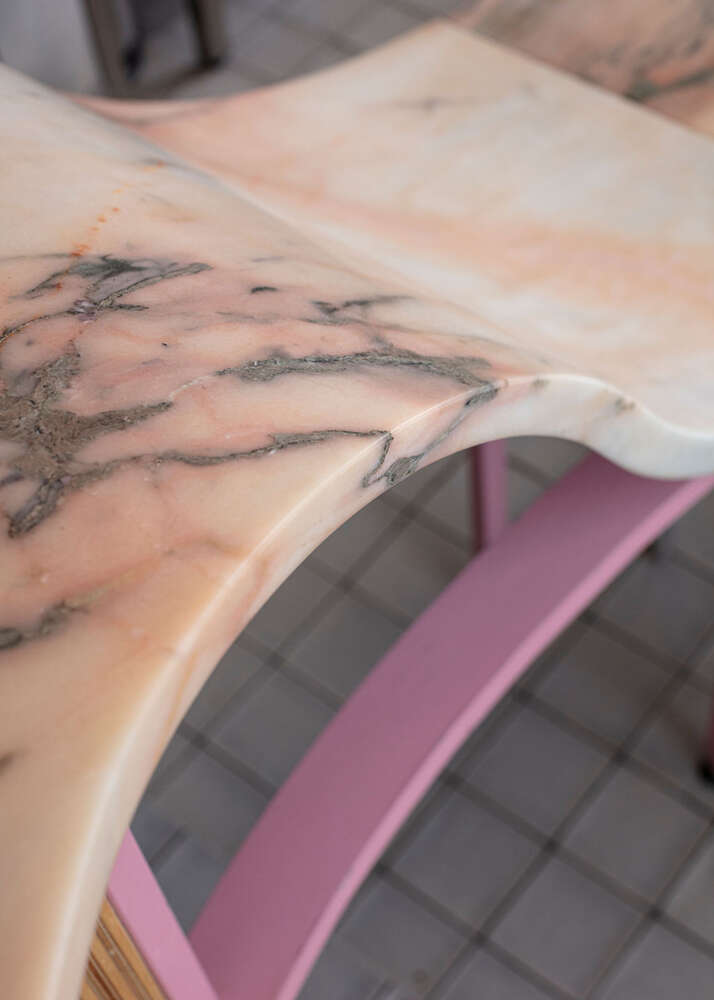
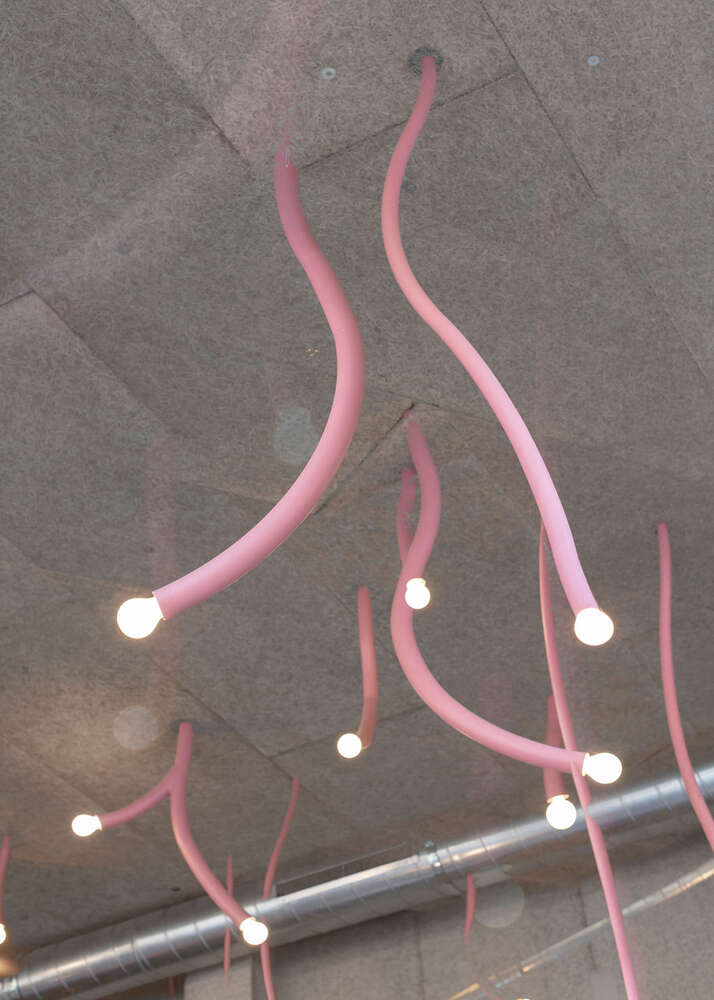
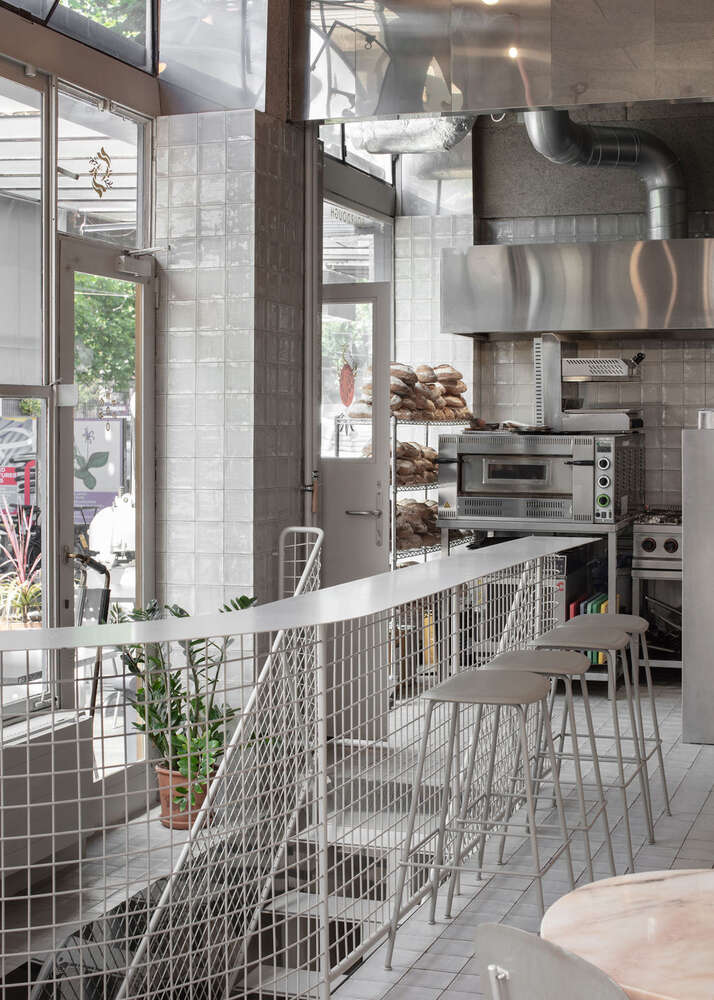
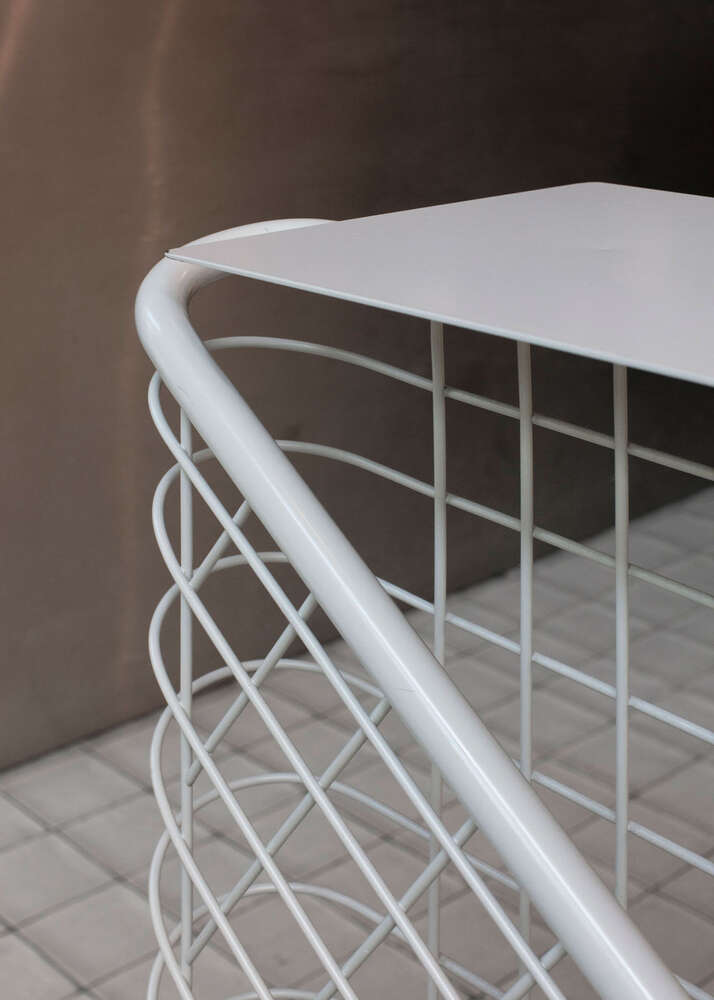
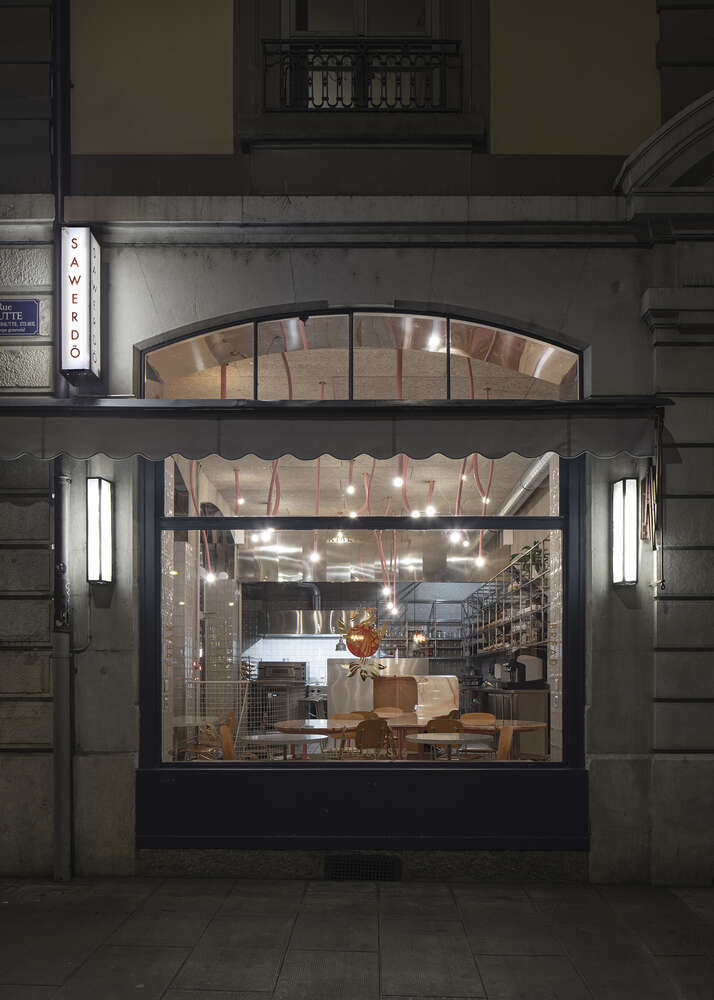
“VIRAL OTHERS” SHARING COFFEE AND BREAD
Two years of covid have pushed everyone to a certain level of distrust. We started the project of the Sawerdo with the fear that putting people around a table was an endangered gathering format. The risk was taken, a sort of hopeful leap of faith by the founders, believing that the jumping microbes of a too-close neighbour would never be an obstacle to being together. Instead, a bet was taken on the opposite scenario: the one by which proximity is a simple vector towards spontaneous conversation and exchange well beyond the fear of a viral other. Our project spatialised and constructed this “moment” of our lives and put everything and everyone around a staged and very material table. Beyond the obvious references to traditional bread-making materials like marble and steel speed racks, the idea became quite simple: a hosting table allowing a variety of configurations. Somehow, the set is a half domestic, half professional one, between sharing “table d’hôtes” and dining in the interior of a bakery. Jeff Wall’s image Dressing Poultry (2007) was shot on a farm near Vancouver, celebrating a moment of fun while working – preparing what will become food. With an aesthetic at the antipodes of Sawerdo’s project, this image has yet the same intention: to bring the act of cooking, nourishing, and sharing into a unifying whole of the living. Like Jeff Wall’s lightboxes, the Sawerdo had the chance to be in a very beautiful space that the project reveals as much as possible: an inhabited lightbox where scenes of life occur and will keep on happening as long as we understand that we are all biological beings or “viral others”.
Daniel Zamarbide, Geneva, Summer 2022
